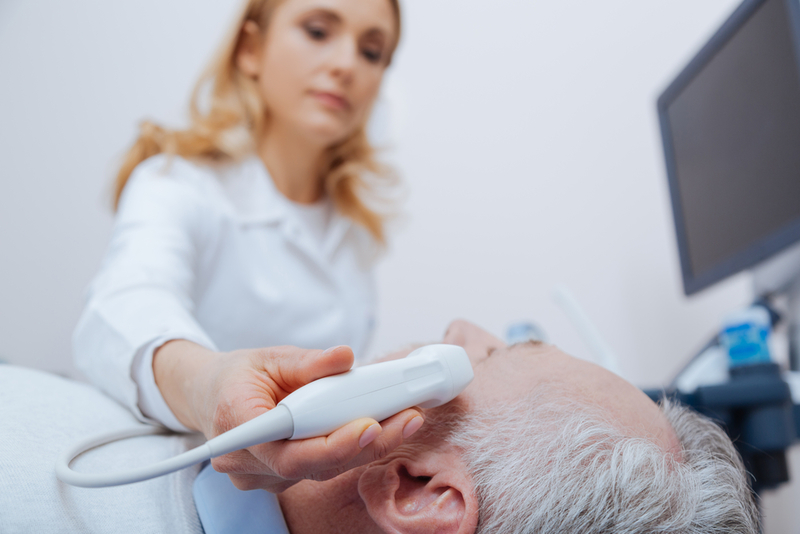Ultrasound applied to brain may help patients with dementia
ANI Jul 23, 2018
Patients suffering from dementia can now be treated with the ultrasound applied to the brain.

Ultrasound waves, applied to the whole brain, improve cognitive dysfunction in mice with conditions simulating vascular dementia and Alzheimer's disease. The research, conducted by scientists at Tohoku University in Japan, suggested that this type of therapy may also benefit humans. Led by cardiologist Hiroaki Shimokawa, the team found that applying low-intensity pulsed ultrasound (LIPUS) to the whole brain of the mice improved blood vessel formation and nerve cell regeneration without having obvious side effects.
"The LIPUS therapy is a non-invasive physiotherapy that could apply to high-risk elderly patients without the need for surgery or anesthesia, and could be used repeatedly," said Shimokawa. Dementia affects about 50 million people worldwide, with 10 million new cases occurring every year. Shimokawa and his team had conducted previous studies showing that LIPUS improved blood vessel formation in pigs with myocardial ischemia, a condition where there is reduced blood flow to the heart.
The researchers conclude that their study has provided the first experimental evidence that whole-brain LIPUS therapy markedly improves cognitive dysfunctions without serious side effects by enhancing specific cells related to dementia's pathology. The full findings are published in the journal - Brain Stimulation.
-
Exclusive Write-ups & Webinars by KOLs
-
Daily Quiz by specialty
-
Paid Market Research Surveys
-
Case discussions, News & Journals' summaries